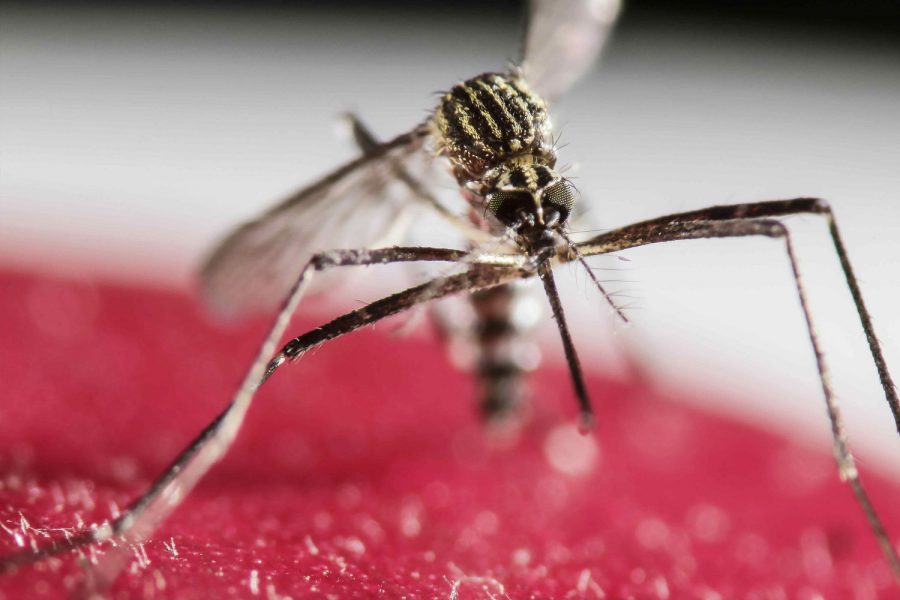Zika virus causes unnecessary panic
An estimated 1 million Brazilians have been infected with the Zika virus, which unfortunately spread to many countries in South and Central America last year. Recently, the virus has made its way to the United States and people have been freaking out. And though there may be some speculation about this virus, fortunately for most people, it really should not be that big of a deal.
Many parts of the media have boasted that this virus should be considered an emergency, but it’s not. When the facts are taken into account it becomes clear that the only people in real danger are expecting mothers and their unborn children. And even then, this information is not absolute and only a speculation at this time.
The Zika virus is usually spread and carried by mosquitos and is strongly related to the West Nile and yellow fever. It is highly unlikely that travelers are able to bring infected mosquitoes along with them. However, infected mosquitoes could give the virus to someone and then another mosquito could get it from that same person, passing the virus along to others. Though this is a concern, the virus is not deadly like others spread by mosquitos such as malaria, so the panic is unnecessary.
Most of the people who become infected never show any type of symptoms, but those who do tend to show flu-like symptoms which include: muscle and joint pain, headaches and itchy, red eyes, according to the World Health Organization. People deal with the flu all the time, and although they are a nuisance, symptoms like these are completely manageable. The bad news is that these symptoms cannot be treated; the good news is that they only last two to seven days.
However, pregnant women and their fetuses seem to be at a higher health risk upon catching this virus. It was believed that the pregnant women who became infected passed the virus onto their unborn babies, causing the babies to be born with microcephaly — an abnormal smallness of the head and brain size. This birth defect may also cause mental retardation and may cause a baby’s speech and growth to be underdeveloped.
Although these claims have not yet been proven, I believe that these women should be more cautious about catching this virus, especially in high-risk areas. That is, these women should be cautious of their travels and surroundings and take precautions upon getting the virus: wear mosquito repellant, clothes that protect your arms and legs, and try to remain indoors.
This virus should only be scary and life-threatening to some, as if non-pregnant women were to be infected, they would only be sick for a week. Otherwise, this virus should not be considered a big deal. It’s definitely not something that will vastly destroy your body like ebola did/does — it is not fatal.
I think as a community we need to be more focused on the fact that this infectious disease may cause more physical and emotional harm to pregnant women who have become infected with the virus, given that their unborn baby will have problems that likely stem from the Zika virus for the rest of his or his life.







